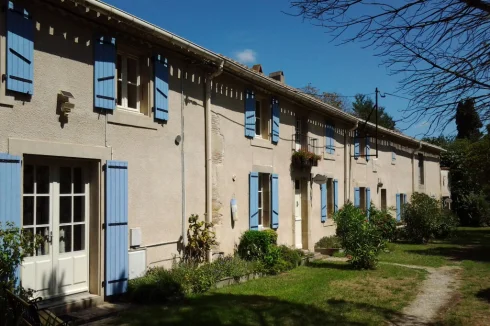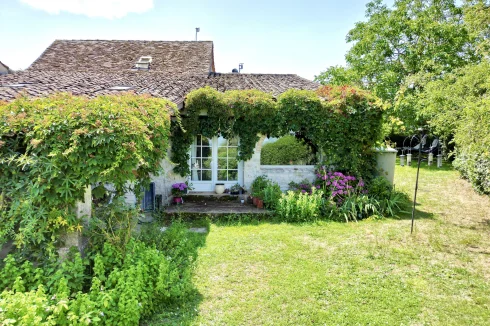Diagnostics on Statutory Property Surveys
Tuesday 04 November 2014
A study by the government consumer watchdog in France has criticised the pricing ethics adopted by building diagnostics professionals.
In recent years in France there has been significant growth in the number of surveys that must be carried out as part of the sale process of a property.
Each time a property changes hands up to eight diagnostic technique reports are now required, for asbestos, lead, electrics, natural risks, termites, energy efficiency, gas, and septic tank. Some of these surveys are also obligatory for lettings.
A proposal to add an obligatory survey report for dry rot was enacted last year, but has since been dropped by the government due to the costs and complexity of such a survey.
Together these homebuyer reports are referred to as the Dossier de Diagnostic Technique (DTT) and commissioning of the surveys is the responsibility of the property owner.
The aim of the reports is to provide some objective information to the buyer on the state of the property, but also to offer some protection to the seller against subsequent claims from the seller.
The DTT is most definitely not a full building condition report, so buyers need to be aware of the limitation of the DTT.
In a country which has no distinct building survey profession as in the case in the UK with the RICS, in the last few years a whole new industry of building survey technicians has been created as a result of the legislation. These technicians are known as diagnostiqueurs immobiliers.
At regular intervals in the past the survey companies have been the subject of a number of unflattering reports by various consumer groups, but they had now had the spotlight turned on them by the official consumer protection body, with the tediously long title, the Direction générale de la concurrence, de la consommation et de la répression des fraudes (DGCCRF).
From a control carried out recently on 269 survey companies the watchdog issued 2007 written warnings, 39 injunctions, 7 verbal warnings, and commenced legal action in 3 cases.
Their study was less about the quality of the survey reports than the marketing practices adopted by the companies.
In particular, the watchdog was critical of the pricing and billing information, with tariffs they considered complex and difficult to understand, as they depended on numerous criteria not immediately apparent to the owner.
Prices varied considerably, from several hundred euros to over €1,000, although as these depended largely on the size, type and age of the property the report stops short of saying that prices were excessive.
They also stated that, "In some case, survey companies published misleading information about their tariffs, proposing free analysis, without stipulating that these were first subject to the owner paying for a survey to be carried out."
By contrast, the report considered that the companies were largely complying with their legal obligations with respect to appropriate training and certification, as well as indemnity insurance.
They point out that any owner wishing to verify if the company was qualified to undertake the survey work could do so on the website of the environment and energy agency 'ADEME', who maintained a list of the levels of certification.
The investigators noted a reduction in the practice of retro-commissions to survey companies from estate agents, something that occurred widely in the past, but which has now been outlawed.
Nevertheless, some of the larger estate agent chains had set up their own network of surveyors, although their use by the seller was not obligatory.
There were also some family links between some surveyors, notaires and estate agents, which the report argued put into question the independence of such survey companies.
Other consumer group reports have been more critical of the standards of some of these reports, notably the energy survey, on which we may report further in a future Newsletter.
Next Article: Taxation of Rental Properties
Thank you for showing an interest in our News section.
Our News section is no longer being published although our catalogue of articles remains in place.
If you found our News useful, please have a look at France Insider, our subscription based News service with in-depth analysis, or our authoritative Guides to France.
If you require advice and assistance with the purchase of French property and moving to France, then take a look at the France Insider Property Clinic.





